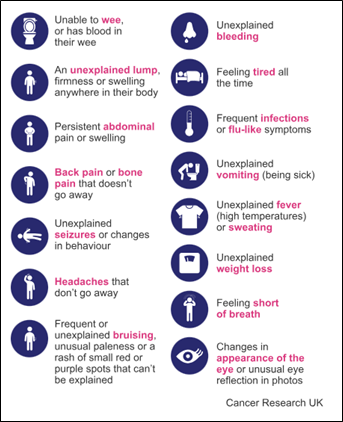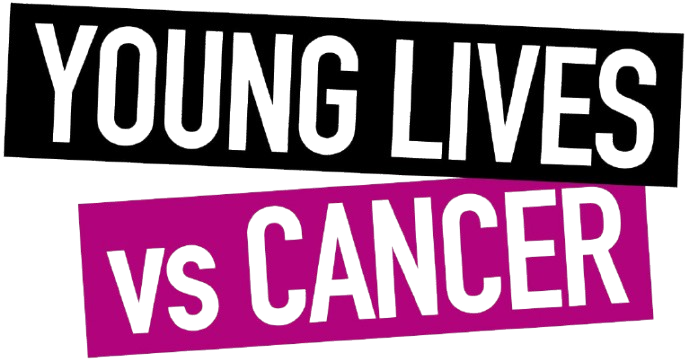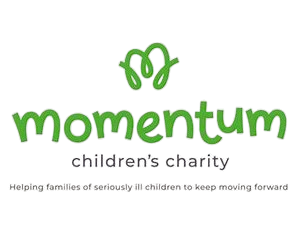Understanding cancer and getting support
Youth Out Loud, Healthwatch Kingston and Kingston Hospital have worked together to bring together information and guidance to raise awareness of cancer and young people, as part of Teenage and Young Adult Cancer Awareness Month 2025.
What you will find on this page:
What is cancer and signs of cancer.
The NHS describe cancer as a condition where cells in a specific part of the body grow and reproduce uncontrollably destroying healthy tissue, including organs.
Cancer symptoms in children and young people are very similar to other illnesses. So, the symptoms you have could turn out to be something else completely.
Cancer Research UK, have created a list of some of the symptoms to look out for if you are concerned about cancer.
Know Your Body by the Eve Appeal have age appropriate lesson plans (including resources for parents and educators) one of their lessons cover HPV and cancer.
Destigmatising cancer and myth busting.
When it comes to childhood cancer, misinformation can be harmful. Many myths and misconceptions surround cancer in children and young people, leading to unnecessary fear and confusion.
‘Despite a wealth of research, much uncertainty remains over what causes cancer in children.’ Children with Cancer, Charity
There are some decisions you can make to reduce your risk long term, but these rarely cause cancer in children and young people:
· Macmillan have more information on long term risks
· Children with Cancer have information on causes in young people
It's important to remember that cancer is not contagious and cannot be passed from one person to another. There are also differences between cancer in young people and adults such as: causes, treatments, and numbers of people with cancer.
For more information on the differences between cancer in adults and young people, you can visit the following websites:
· The Children and Young People’s Cancer Association
Cancer treatment can affect various aspects of life, including sex and intimacy to find out more you can visit Macmillan, or to read a young person’s story you can visit here.
How to get help / what help is there.
There is plenty of help and information available if you are worried about cancer. Speaking to your GP is the gateway to more support if it is needed. When you call, or go online to make an appointment with your GP, be honest about what you are concerned about and your symptoms.
There is a ‘two-week cancer pathway’ meaning that after an appointment with your doctor, if needed they will refer you for an assessment and the NHS aim to do this quickly. This referral does not mean you have cancer, it means they are investigating the possibility of cancer.
Support is also available from the Youth Worker at Kingston and Richmond Hospital. Nicholas offers individual support to young people aged 11 - 18 with issues such as, appointment anxiety and linking patients and their families with support services. More information on the support from Kingston and Richmond NHS Foundation Trust is available here.
What changes to expect from treatment.
Treatment for cancer can cause short-term side effects such as hair loss, vomiting, mood changes and more. This may cause anxiety and lead to young people feeling very self-conscious.
The effects of cancer treatment can vary between different people and more information on short and long-term effects can be found on the Children with Cancer website.
If your friend / family member has a diagnosis of cancer and how a friend can help.
It can be tricky to know what to say or do when someone you care about has cancer. There are tips on the Teenage Cancer Trust website, from young people about what to do as a friend, such as:
· Speak to your friend the same way you always did,
· Be there to listen – not solve problems,
· Admit you are not sure what to say and more.
Macmillan have a page with information on supporting a family member with cancer. The page has tips on handling the stress, such as talking about your worries along with advice on what to do if you become a young carer.
Websites that offer more information and support










